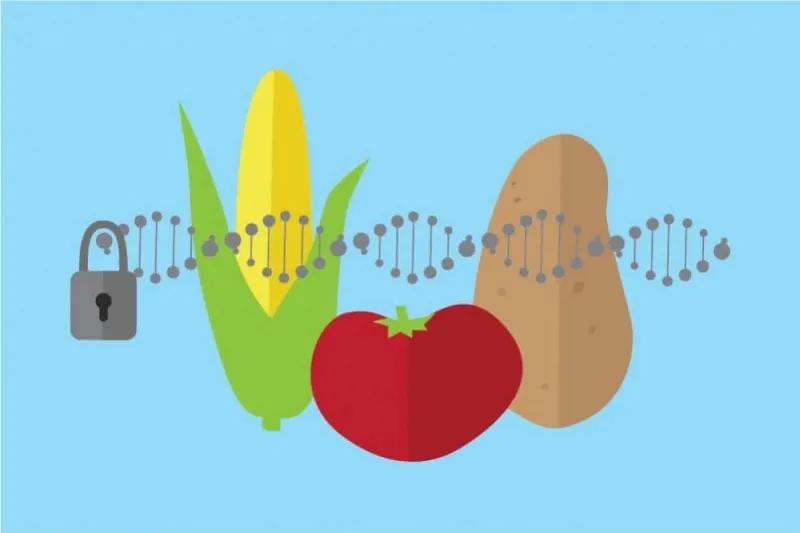‘Stop conflating all biotechnology with genetic engineering’: The case for more refined USDA regulations
‘Stop conflating all biotechnology with genetic engineering’: The case for more refined USDA regulations


Policymakers had known for years that the U.S. regulation of crop biotechnology was out of date, and by 2016, discussions were already underway to revamp the legal texts …. But unfortunately, the United States remains ill-equipped to make decisions about certain classes of emerging crop biotechnologies before they hit the market. If legal definitions of agricultural biotechnology don’t keep up with these advances, we will repeatedly encounter regulatory ambiguity that delays assessment of valuable technology and degrades public trust.
We need to stop conflating all biotechnology with genetic engineering. When policymakers, popular media, and sometimes even scientists use terms like “biotechnology,” “bioengineering,” “genetic engineering,” “gene editing,” and “GMO” interchangeably, it isn’t just frustrating. It is inaccurate. As we have seen, the way “biotechnology” and “genetic engineering” are basically used as synonyms in the U.S. Coordinated Framework overlooks emerging gene expression techniques that do not modify DNA sequence. Many agricultural biotechnologies have absolutely nothing to do with gene sequence or even gene expression, like targeted protein degradation methods that are already in commercial development.
Differentiating between biotechnology techniques in our policy definitions may seem tedious, but it is important for all stakeholders involved.
Read the original post

 | Videos | More... |

Video: Nuclear energy will destroy us? Global warming is an existential threat? Chemicals are massacring bees? Donate to the Green Industrial Complex!
 | Bees & Pollinators | More... |

GLP podcast: Science journalism is a mess. Here’s how to fix it

Mosquito massacre: Can we safely tackle malaria with a CRISPR gene drive?

Are we facing an ‘Insect Apocalypse’ caused by ‘intensive, industrial’ farming and agricultural chemicals? The media say yes; Science says ‘no’
 | Infographics | More... |

Infographic: Global regulatory and health research agencies on whether glyphosate causes cancer
 | GMO FAQs | More... |

Why is there controversy over GMO foods but not GMO drugs?

How are GMOs labeled around the world?

How does genetic engineering differ from conventional breeding?
 | GLP Profiles | More... |

Alex Jones: Right-wing conspiracy theorist stokes fear of GMOs, pesticides to sell ‘health supplements’




 Trust issues: What happens when therapists use ChatGPT?
Trust issues: What happens when therapists use ChatGPT? Fighting deforestation with CO2: Biotechnology breakthrough creates sustainable palm oil alternative for cosmetics
Fighting deforestation with CO2: Biotechnology breakthrough creates sustainable palm oil alternative for cosmetics California, Washington, Oregon forge immunization alliance to safeguard vaccine access against federal undermining
California, Washington, Oregon forge immunization alliance to safeguard vaccine access against federal undermining Viewpoint — Fact checking MAHA mythmakers: How wellness influencers and RFK, Jr. undermine American science and health
Viewpoint — Fact checking MAHA mythmakers: How wellness influencers and RFK, Jr. undermine American science and health 30-year-old tomato line shows genetic resistance to devastating virus
30-year-old tomato line shows genetic resistance to devastating virus Viewpoint: Video — Big Solar is gobbling up productive agricultural land and hurting farmers yet providing little energy or sustainabilty gains
Viewpoint: Video — Big Solar is gobbling up productive agricultural land and hurting farmers yet providing little energy or sustainabilty gains The free-range chicken dilemma: Better for birds, but with substantial costs
The free-range chicken dilemma: Better for birds, but with substantial costs ‘You have to treat the brain first’: Rethinking chronic pain with Sanjay Gupta
‘You have to treat the brain first’: Rethinking chronic pain with Sanjay Gupta
